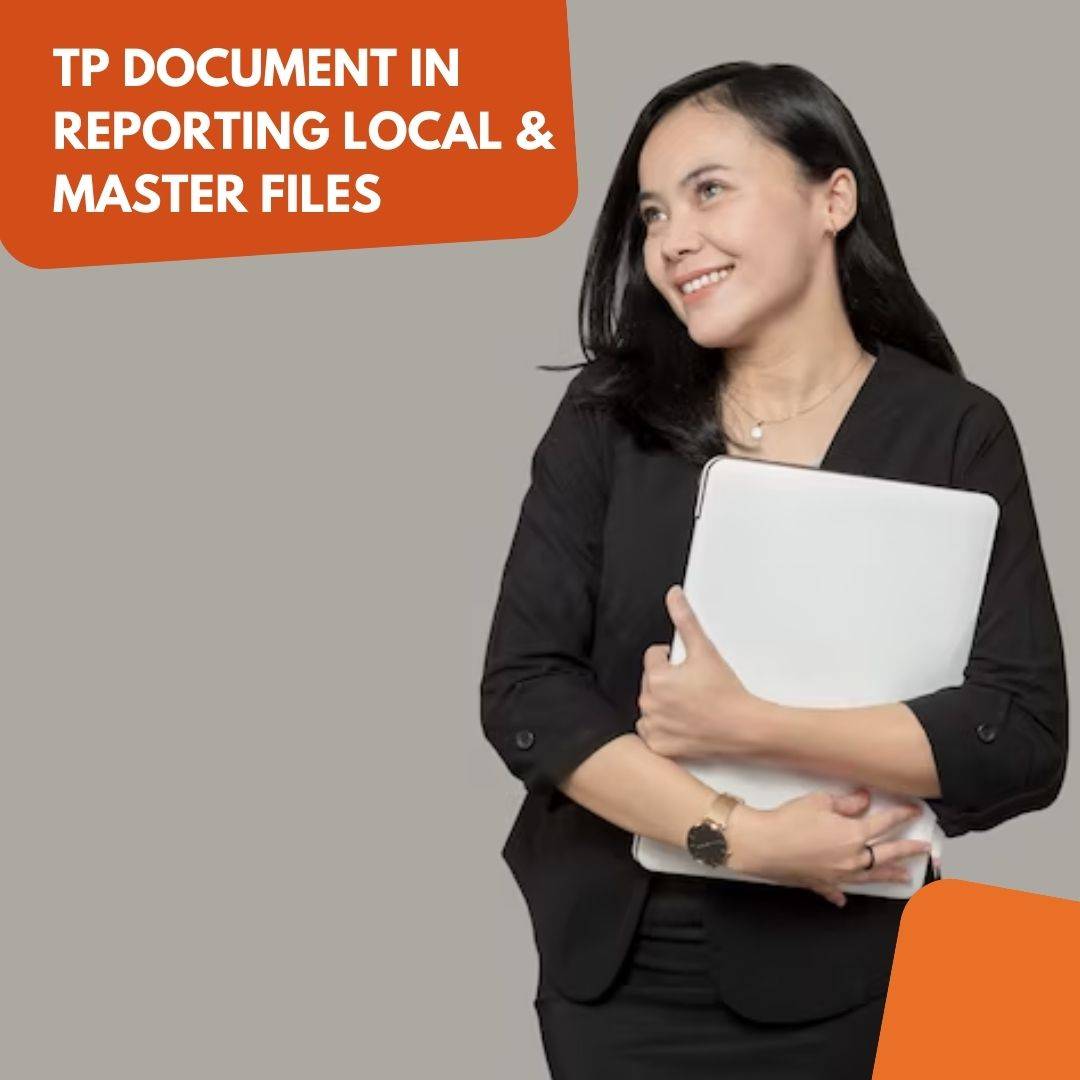TP Documentation in Reporting Local Files and Master Files
TP Doc (Transfer Pricing Documentation) plays a crucial role in reporting local and master documents for companies involved in cross-border transactions. By ensuring compliance with tax regulations, TP Doc helps companies demonstrate that transactions between related entities are conducted at fair market value. TGS AU Partners tax team will discuss more about TP Doc in this article.
The significance of TP Doc lies in its ability to provide transparency and support the alignment of transfer pricing practices with tax laws. It is a comprehensive documentation framework that includes local and master documents, enabling companies to maintain accurate records of their transfer pricing policies and justifications.
Based on the above explanation, understanding the importance of TP Doc and complying with reporting obligations is crucial for companies to navigate the complexities of transfer pricing and maintain compliance with tax regulations. This article will provide a deeper understanding of TP Doc in the context of reporting local and master documents.

Is It Mandatory for Companies to Prepare TP Documentation for Reporting Documents?
Every company engaged in transactions with related parties must prepare Transfer Pricing Documentation (TP Doc), including the TP Doc Master File and TP Doc Local File. This obligation is regulated by the Minister of Finance Regulation No. 213/PMK.03/2016. Companies must also submit a Summary as an attachment to the Annual Income Tax Return for the relevant tax year. If the master file and local file are not submitted together with the Annual Income Tax Return, companies must still report them if requested by the Directorate General of Taxes (DGT).
TP Doc indicates that transactions with related parties comply with the arm's length principle and normal business practices. By preparing these documents, companies can ensure compliance with applicable tax regulations and mitigate the risks of penalties and legal consequences.
Our Service Recommendations
Therefore, it is essential for companies to understand their obligations in preparing both the Transfer Pricing Doc Local File and Master File and ensure that these documents are submitted within the specified timeframe set by the DGT. Compliance with these obligations will help companies maintain tax compliance and avoid issues arising from non-compliance with TP Doc reporting.
When Should TP Documentation for Local Files and Master Files be Reported?
Transfer Pricing Documentation (TP Doc) is mandatory for companies engaged in transactions with related parties. According to the Minister of Finance Regulation No. 213/PMK.03/2016, the reporting of TP Doc for local documents and master documents must be done within the specified timeframe per tax regulations. Furthermore, there are situations where the Directorate General of Taxes (DGT) can request these documents.
According to the regulations, companies must provide TP Doc no later than 4 months after the end of the tax year. Additionally, the Country-by-Country Report (CBC Report) must be submitted no later than 12 months after the end of the tax year. All Transfer Pricing Doc must be attached as part of the Annual Income Tax Return (SPT Tahunan PPh) for entities.
However, there are several situations where the Directorate General of Taxes can request TP Doc from taxpayers. Firstly, during compliance supervision of the Account Representative, taxpayers must submit the requested documents within 14 days of receiving the request letter. Secondly, during tax audits, tax auditors can request borrowing of TP Doc for local documents and master documents, and taxpayers must provide these documents within 1 month of the request. Thirdly, during the Preliminary Evidence Examination, taxpayers must provide the master file and local file within 14 days from the date of sending the borrowing request letter.
Moreover, further provisions are regulated under the Criminal Procedure Code if there is a tax investigation. During objection research, reduction or elimination of administrative sanctions, reduction or cancellation of incorrect tax assessment letters, reduction or cancellation of incorrect tax billing letters, or corrections, the provision of a master file and local file is governed by tax legislation.
Therefore, companies must understand the applicable TP Doc reporting requirements and comply with the specified time frames. Compliance with tax regulations and the availability of accurate and timely TP Doc will help companies avoid the risks of penalties and legal consequences that may arise from non-compliance.
Consequences If a Company Fails to Report TP Documentation
It is important to note that if a company fails to report the requested TP Doc for local documents and master documents, several consequences may arise. If the data is not submitted, the taxpayer is considered to have failed in the obligation to prepare and maintain such documentation. On the other hand, if TP Doc is submitted, but exceeds the deadline, the document will not be considered valid. Here are some potential consequences that may occur:
-
Administrative sanctions: Companies may face administrative penalties in the form of fines or restrictions on accessing certain tax benefits. The fine amount varies depending on the tax regulations applicable in the country.
-
Income adjustments: If tax authorities find that transfer pricing transactions do not comply with tax regulations, they may adjust the reported income. This can increase the amount of taxes owed by the company.
-
Increased scrutiny and audits: Non-compliance in reporting TP Doc for local and master documents may lead tax authorities to conduct stricter supervision and more intensive tax audits of the company. This can consume significant time and resources for the company.
News & Articles Recommendations.
-
Reputation damage: Failure to report TP Doc correctly can harm the company's reputation in the eyes of the tax authorities and the public. This can negatively affect the company's relationships with stakeholders, including business partners and investors.
Reporting Transfer Pricing Doc for local and master documents in a timely and compliant manner is crucial in maintaining tax compliance and fostering a good relationship with tax authorities.
Conclusion
Transfer Pricing Documentation is of utmost importance in reporting local and master documents for companies. Companies are required to prepare TP Doc in accordance with the requirements set by local tax regulations. Reporting Transfer Pricing Doc for local documents and master documents must be done in a timely manner, following the applicable provisions.
Non-compliance in reporting TP Doc can have serious consequences, including administrative sanctions and tax adjustments. Therefore, companies must adhere to the reporting requirements for TP Doc for local documents and master documents to avoid detrimental risks. In the realm of transfer pricing, compliance and adherence to tax regulations are key to maintaining the company's credibility and avoiding issues with tax authorities.
News & Articles Recommendations.





